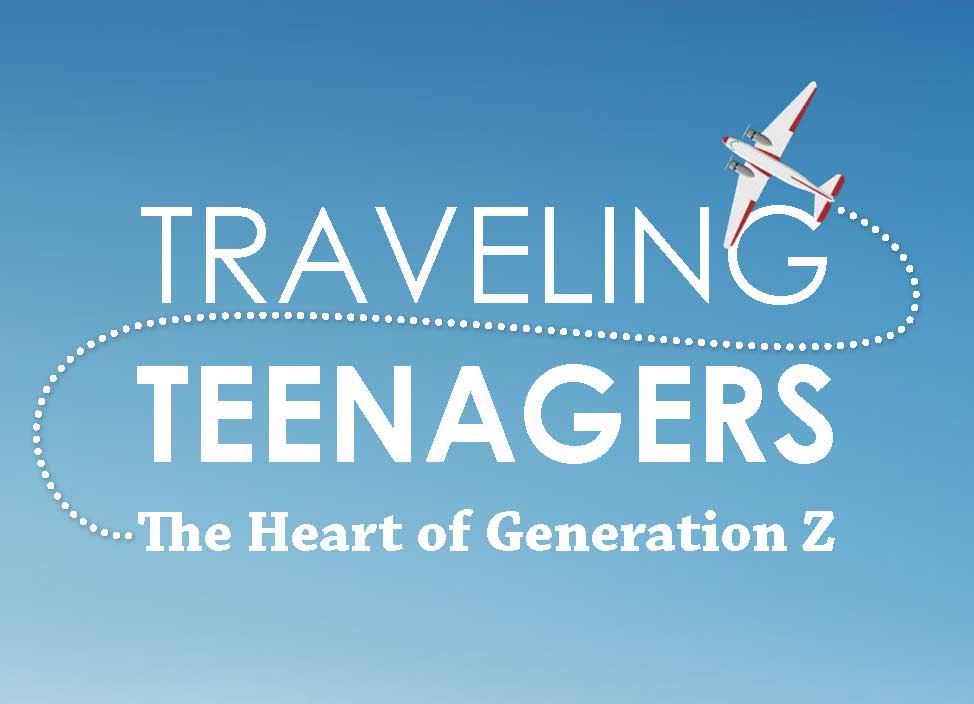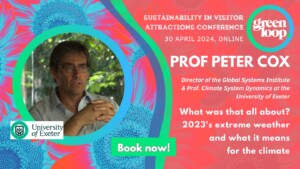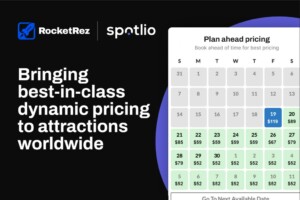PGAV Destinations publishes latest research into “Traveling Teenagers”, providing an insight into the motivations of Generation Z.
St. Louis-based attraction consulting and design firm PGAV Destinations announces the publication of its latest edition of research-based Destinology – Traveling Teenagers: The Heart of Generation Z.
Recent studies show that today’s teens are vastly different than all previous generations. Why? They live in a distinct social and political climate, have more engaged parents, and a far more connected world.
“Teenagers are representative of an incredible generation – Generation Z – that I strongly believe will have an immensely positive impact on this world,” said Mike Konzen, PGAV principal and chair. “Their lives are so different from older generations, that we can’t rely on personal, anecdotal experiences to anticipate their needs and how they will impact the attractions industry – we have to dig deeper.”
How attractions should adapt for Generation Z
Traveling Teenagers explores recent studies to distill the current trends in teenage cognitive and social development, and advises attraction managers how they can leverage their zoos, museums, aquariums, theme parks, and other destinations to strengthen these young women and men for success. Research for Destinology was collected from numerous scholarly works from the Journal of Pediatrics, San Diego State University, Harvard Business Review, the University of Georgia, University of Pennsylvania Neurology Department, the Society of Human Resource Management, the Annenberg Public Policy Center, Barna, YouGov, and the Max Planck Institute.
Among other insights, Destinology notes that working for pay is down 21% points, alcohol consumption is down 26% points, driver’s license ownership is down 15% points, dating is down 23% points, and sexual activity is down 6% points among high school seniors from their older siblings and parents.
Further exploration examines how non-school time is spent by teens, their awareness and “perceived coolness” of various brands, the impact of smartphones and social networking on their life satisfaction and happiness, and an analysis of risk-taking and neurological development.
Daniel Romer, research director of the Annenberg Public Policy Center, notes that risk-taking is more of a choice, and not an impulse. “The reason teens are doing all of this exploring and novelty-seeking is to build experience so that they can do a better job in making the difficult and risky decisions in later life – decisions like ‘Should I take this job?’ or ‘Should I marry this person?” said Romer.
Teens suck up a ton of data
Lastly, Traveling Teens investigates the implications of Generation Z, Millennials, and Baby Boomers coming together in the work force, and how that is changing the professional environment from flexible work hours, to training methodology, career advancement, and feedback and growth.
Some of PGAV’s parents of teenagers contributed their own anecdotes to this Destinology issue as well, combining their expertise in attraction design with their own experiences vacationing with their teens.
Teens suck up a ton of data, even when they’re not streaming movies,” offered architectural designer Joe Poelzl, traveling with three teen boys. “Snapchat, Instagram, YouTube, and more will drain all the data on your shared plan. Make sure your accommodations have excellent WiFi service!”
Traveling Teenagers is the latest in a series of generational-investigative issues of Destinology, including Generationally Speaking: How Cultural Shifts Impact your Destination, Generation Z: A New Generation’s Views on Zoo and Aquariums, and Meet the Millennials.
Click here to browse each edition digitally or order a free hard copy.















